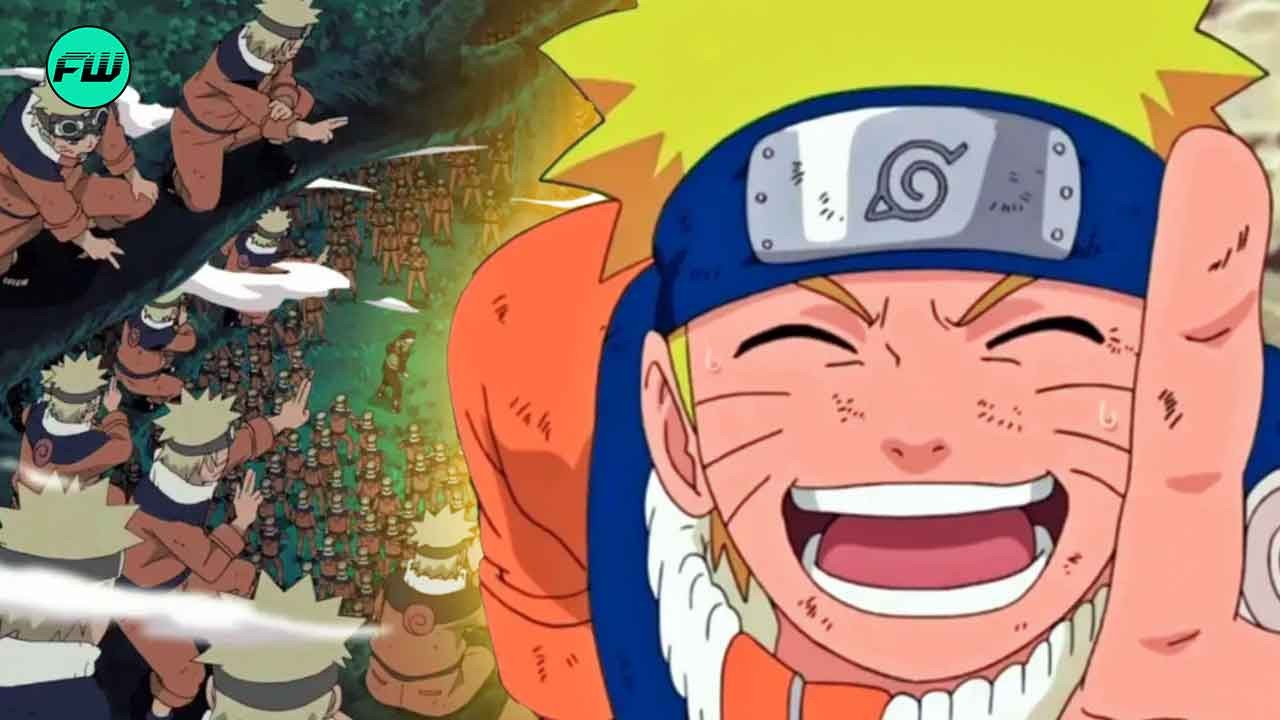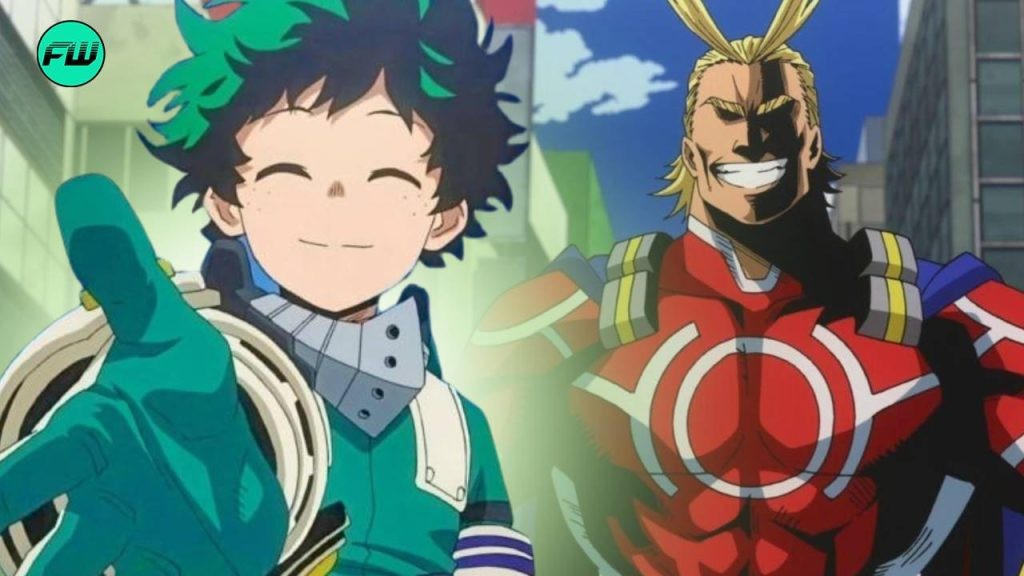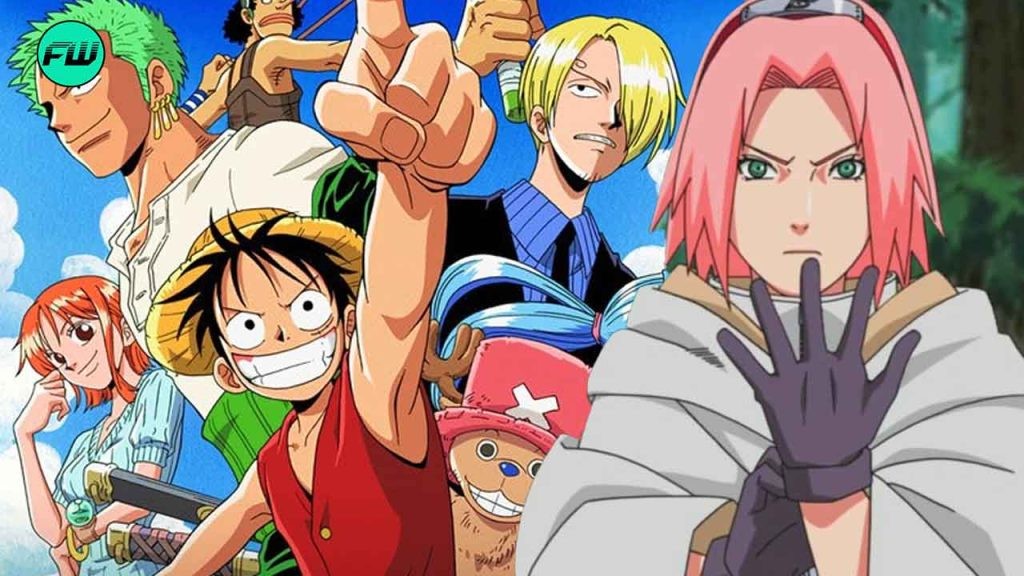The protagonist of Masashi Kishimoto’s masterpiece, Naruto, followed every basic cliche of an anime main character. He was an annoying individual who had a hidden power within him that he eventually controlled, thus becoming the biggest hero of his village. But there was one thing that was different about Naruto.
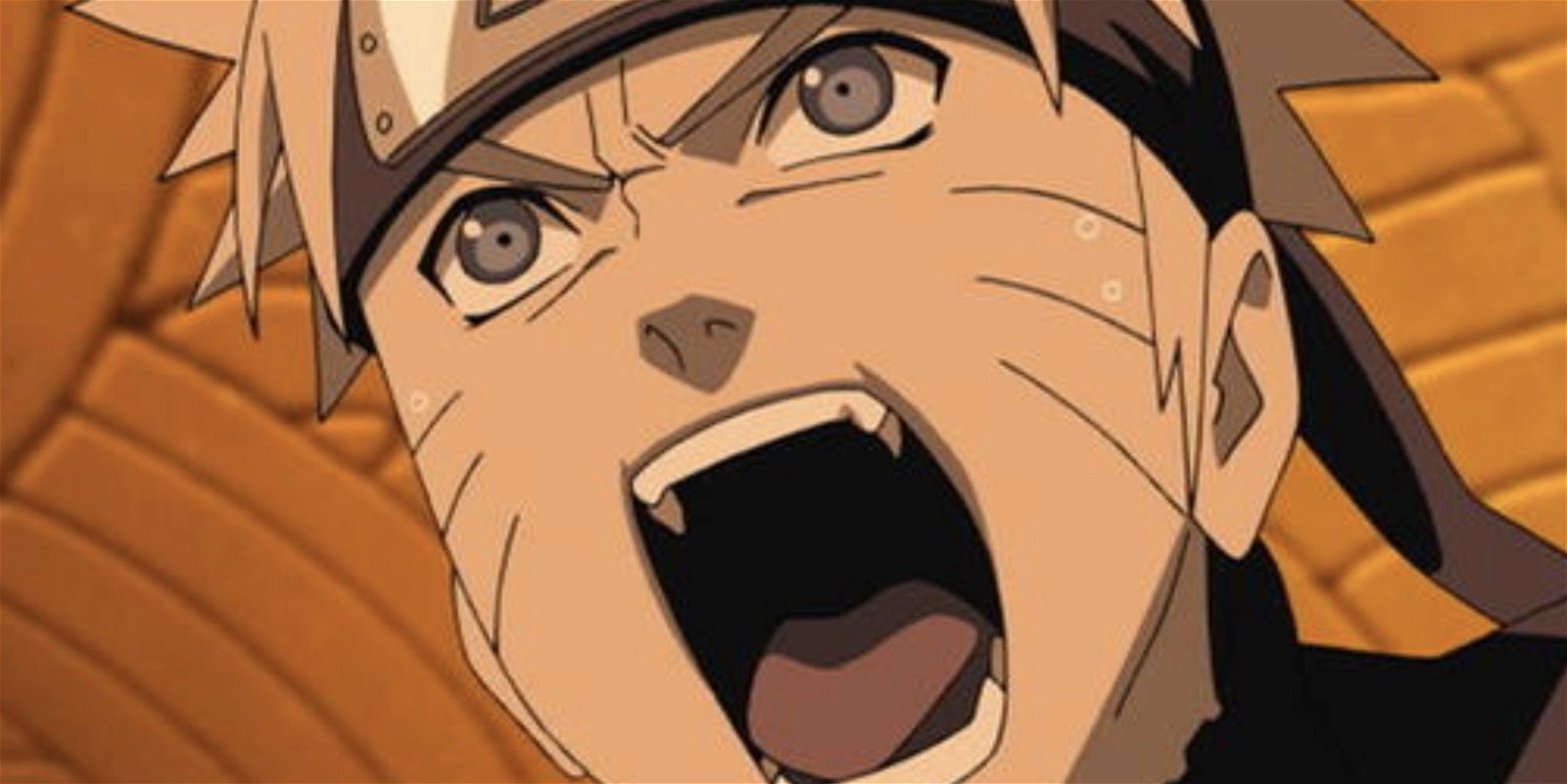
He never unnecessarily engaged in fights and battles against enemies. He proved himself to be a good soul by trying to connect to the villains and understand their situation before launching a full-on attack on them. This aspect of Naruto was named by his fans as Talk no Jutsu or Talk-Talk Jutsu.
Although initially it was seen as a decent step on Naruto’s side, fans soon got bored with it and started finding it annoying. However, Kishimoto once revealed the reasoning behind Naruto’s Talk-Talk Jutsu, and it might be much more meaningful and deeper than what fans perceived it to be.
The Annoying Aspect of Naruto’s Talk-Talk Jutsu
Unlike other anime and manga protagonists, Naruto had the talent to change the minds of his opponents and also understand their pain at the same time. This ability helped him bring a lot of negative characters to the good side. Characters like Zabuza, Obito, Pain, etc. are a few examples of this.
As the series progressed, Naruto’s Talk-Talk Jutsu became more and more recurring, and it took away the essence of the battles that were a prominent element of a ninja-based anime and manga series. Thus, it led to fans getting annoyed and criticizing the main character for not using general fighting techniques to deal with his opponents.
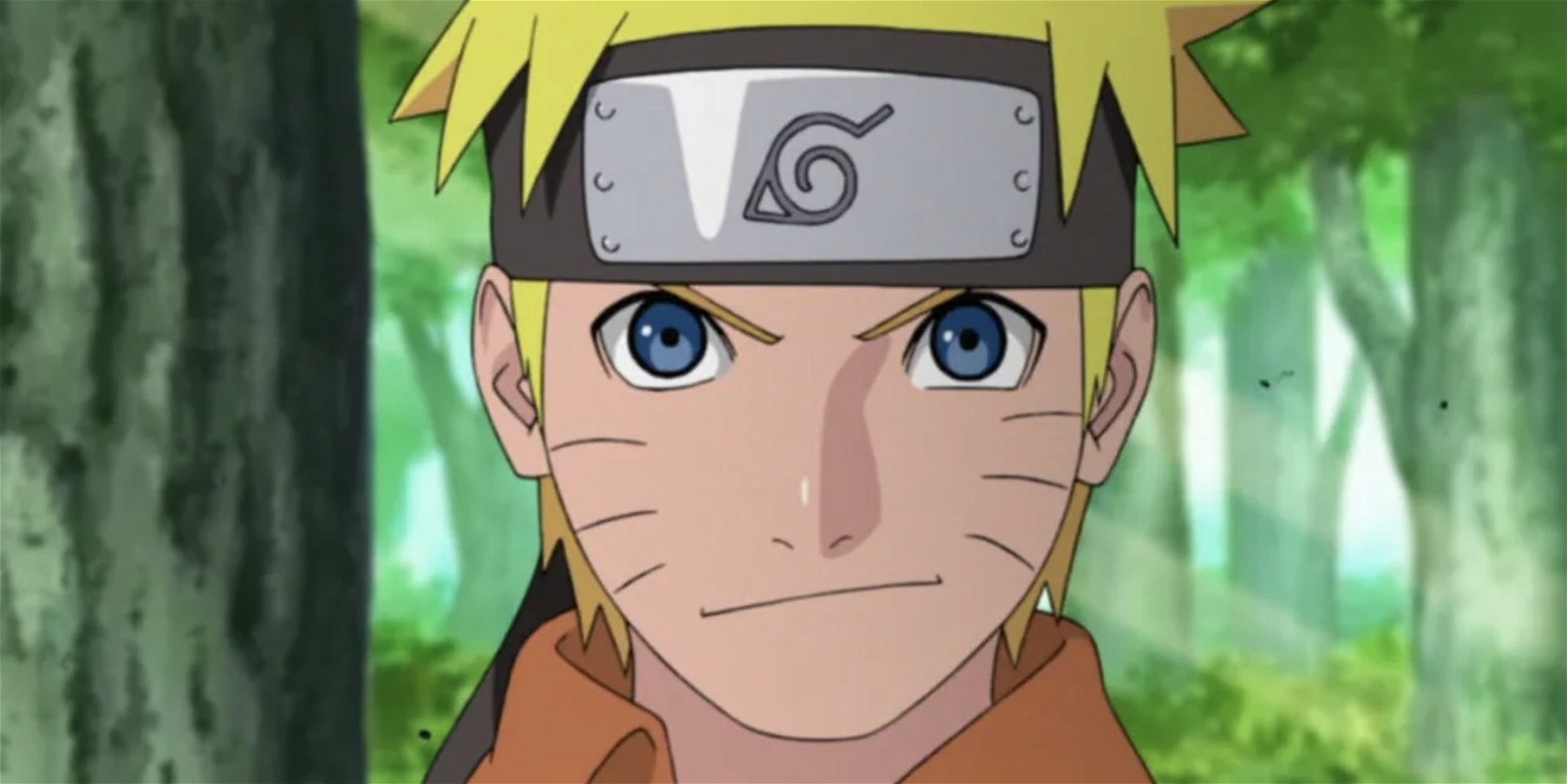
Many fans even blamed Naruto’s first mentor, Iruka Umino, for instilling this “good” quality in Naruto and making him a less aggressive character. However, looking at Naruto’s ambition to become Hokage, the leader of the village, his ability to convince the opponents helped him grow as a character and delivered the message that violence is not always the answer.
Masashi Kishimoto’s Meaningful Reason Behind Talk-Talk Jutsu
In 2014, when the final chapter of Naruto’s manga was released, Masashi Kishimoto was interviewed by the Japanese newspaper Asahi, and it was shared by Crunchyroll. During the interview, Kishimoto revealed that Talk-Talk Jutsu differed Naruto from a conventional Shonen manga.

Kishimoto stated:
Boys’ comics inevitably feature violent scenes. But I wanted to tell (readers) that enemies who resort to violence probably do so because of unavoidable reasons. And if (the protagonists) defeat them without understanding their motivation, it could end up leading to a repeat of the same thing.
According to the mangaka, the intention behind making Naruto’s Talk-Talk Jutsu was to make the readers and the protagonist understand the reason behind the antagonist’s need to resort to violence.
If the main character understood the motivation behind the villain, it could end the repeated cycle of violence that is a prevailing element of the Shonen genre. And while fans won’t admit it, the Talk-Talk Jutsu essentially helped Naruto become one of the greatest anime and manga series of all time.
You can watch Naruto on Hulu.

